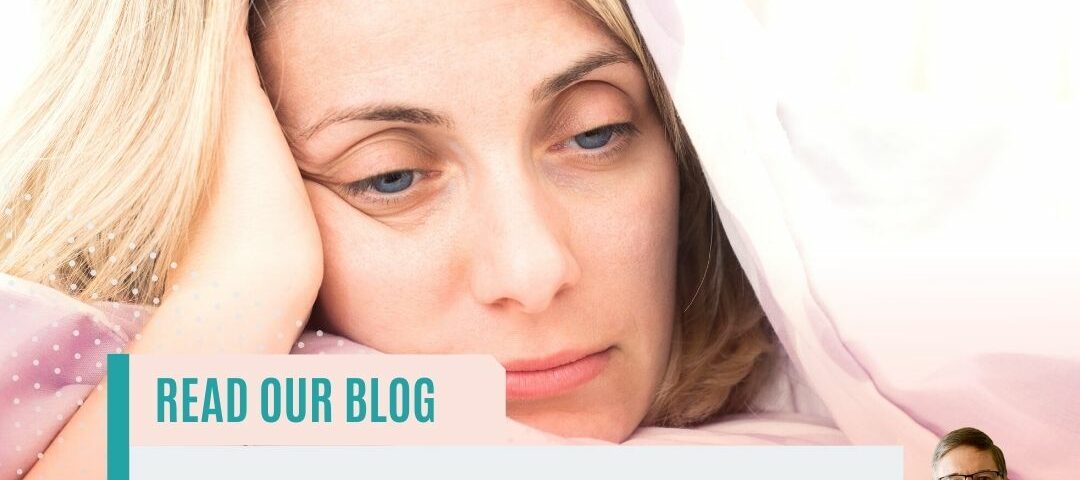Thursday Ask Dr. Walt – Treating Sleeplessness

Diets high in inflammatory foods tied to brain aging
July 6, 2022
Want a lower risk for breast cancer? Consider a plant-based diet
July 8, 2022Dear Dr. Walt, what are the best treatment options for insomnia? My doctor says health professionals are no longer using sleeping medications long-term. What’s that all about? — Insomniac in Iowa
Dear Sleepy,
Congrats on selecting a wise and up-to-date physician.
Recent research has found:
- People with chronic insomnia who report at least six hours of nightly sleep may be more likely to see clinical improvement and insomnia remission following Cognitive Behavioral Therapy (CBT).
- However, people who have chronic insomnia with short sleep duration may see better results with certain medications like trazodone which can reduce cortisol and improve sleep duration in patients
- This is according to information presented at the conference SLEEP 2022.
Until this research is confirmed by others, Guidelines from the American College of Physicians and the American Academy of Sleep Medicine recommend cognitive behavioral therapy (CBT) as the first line and most effective treatment for all adults with chronic insomnia disorder.
A related article reported that poor sleep is “highly connected” to anxiety issues.
Health psychologist Julia Kogan wrote, “When a person doesn’t sleep well, the body releases more cortisol, which can contribute to headaches, digestive problems, low energy and anxiety” and “the more activated the nervous system, the harder it is to fall asleep.”
Kogan adds, “This sets in motion a continuous loop of problems.” The full story is at Psych Central.
So, as of today, nothing has been shown more effective for chronic insomnia than treatments like CBT that can be provided by most qualified Christian counselors or therapists.
However, it wouldn’t hurt to try a convenient recent approach which is to use a digitized [app-based] version of CBT. Information on this new program can be found here.
It’s important to know that most of the prescriptions your doctor could write for insomnia should not be used for more than a few days or weeks and may be associated, at least with long-term use, falls and head injuries, cancer, and dementia.
Melatonin is a popular supplement for sleep. Studies show it can help some people fall asleep faster and might be worth a trial run for some people with insomnia, particularly elderly patients.
The suggested dose is 0.3 to 5 milligrams.
Immediate-release melatonin is believed best for people with difficulty falling asleep, while sustained-release melatonin may be better for people having trouble staying asleep.
Valerian is another supplement used as a sleep aid, but there’s still not enough solid evidence to recommend it for most patients.
Please note that abstracts presented at medical meetings are usually evaluated and selected by a committee of experts but have not generally undergone the same peer-review process required for publication in a scientific journal. As such, the findings presented should be considered preliminary until a peer-reviewed publication is available.
© Copyright WLL, INC. 2022. This blog provides healthcare tips and advice that you can trust about a wide variety of general health information only and is not intended to be a substitute for professional medical advice, diagnosis, or treatment from your regular physician. If you are concerned about your health, take what you learn from this blog and meet with your personal doctor to discuss your concerns.


